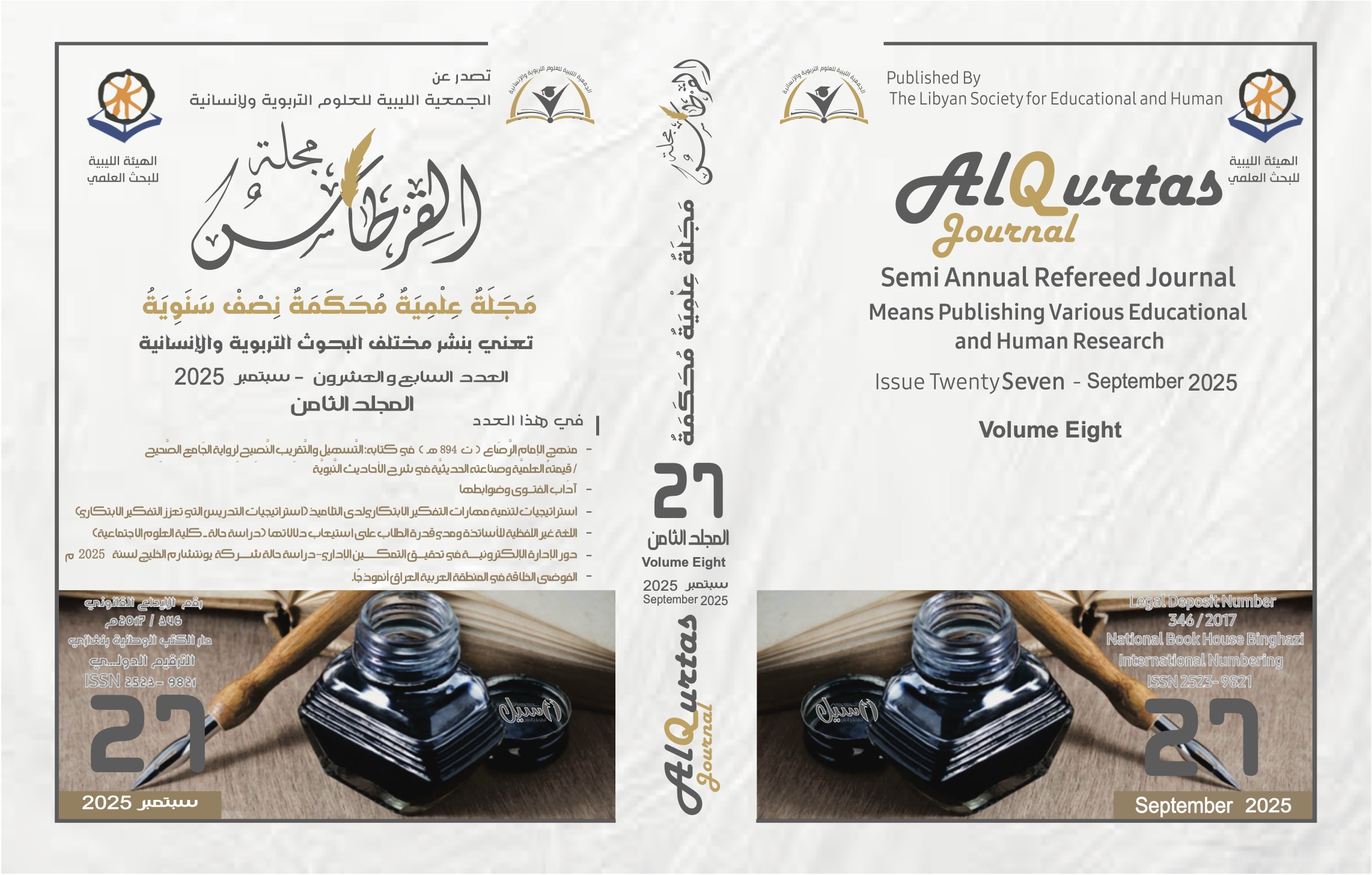Establishing the right of peoples to self-determination in light of international conventions and Islamic law
Main Article Content
Abstract
The principle of the right of peoples to self-determination is a cornerstone of twentieth-century national liberation movements, granting colonized peoples the right to liberate themselves from foreign control and establish independent states. This principle is also enshrined in the United Nations Charter and international human rights covenants, making it a fundamental and inalienable human right. This principle thus requires states to encourage and respect this right, which enhances cooperation between states in supporting non-self-governing peoples, ensuring that there is no exception or discrimination among the peoples of the world in their right to self-determination. Referring to the provisions of Islamic law, it is noted that there is no explicit term called "the right to self-determination" as is known in international law. However, its principles can be derived from several concepts and provisions, including: the principle of consultation, establishing justice and eliminating injustice, and the right to freedom and dignity. Thus, the right to self-determination in international law is based on modern civil and political concepts, while in Islamic law it is based on religious, moral, and ethical principles derived from the Qur’an and Sunnah, and is closely linked to the rights and duties of the nation towards God
Downloads
Article Details

This work is licensed under a Creative Commons Attribution-NonCommercial 4.0 International License.

